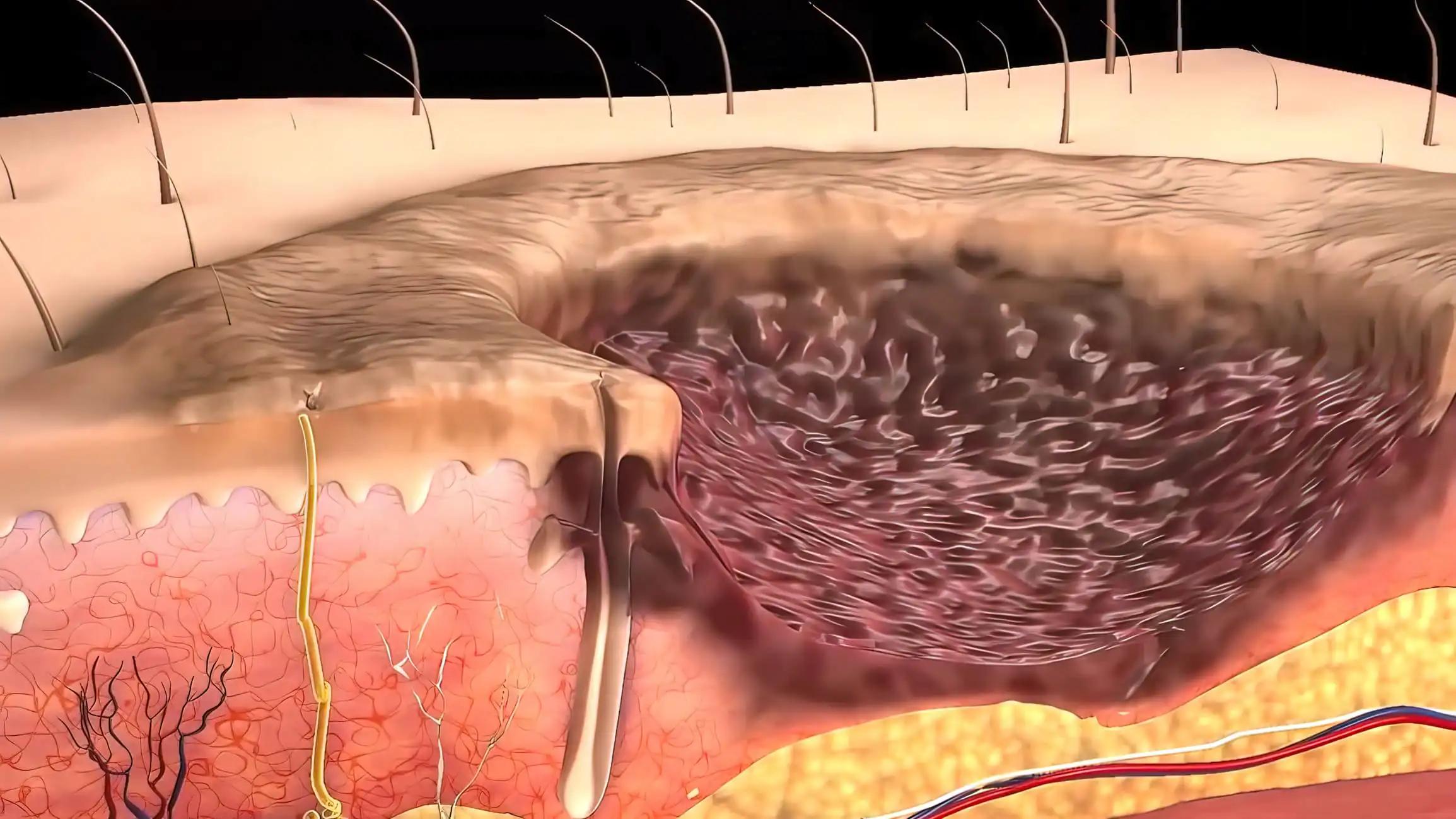KEY TAKEAWAYS
- The study aimed to investigate the immunomodulatory impact of HDAC6 on the CD47/SIRPα axis, to elucidate the molecular mechanisms in cancer cells, particularly in melanoma pts.
- Researchers noticed the pivotal role of HDAC6 in governing phagocytosis and innate immunity, highlighting its potential to augment CD47 immune checkpoint blockade for therapeutic strategies.
Cancer cells often exhibit elevated CD47 levels, an immune checkpoint hindering phagocytosis through interaction with SIRPα on myeloid cells. While CD47 blockade shows efficacy in hematological malignancies, its impact on solid tumors, such as melanoma, remains limited.
Research explores the immunomodulatory potential of histone deacetylase 6 inhibitors (HDAC6is), particularly in regulating macrophage behavior. Despite their observed effects, the underlying molecular and cellular mechanisms remain unclear.
Maria Gracia-Hernandez and her team aimed to unravel the intricate role of HDAC6 in governing the CD47/SIRPα axis and macrophage-mediated phagocytosis.
Researchers performed an inclusive analysis, examining the impact of HDAC6 inhibitors, notably Nexturastat A, on macrophage phenotype and phagocytic function. Utilizing bone marrow-derived macrophages and macrophage cell lines, they investigated CD47/SIRPα axis modulation and phagocytosis in murine and human melanoma cell lines.
Phagocytosis assessments were conducted through coculture assays with macrophages and melanoma cells, employing flow cytometry and immunofluorescence. In vivo studies on the SM1 and/or B16F10 melanoma mouse models assessed the antitumor activity of Nexturastat A in combination with anti-CD47 or anti-SIRPα antibodies.
About the observed effects, Nexturastat A, an HDAC6 inhibitor, significantly elevated the M1 macrophage phenotype while concurrently reducing the M2 protumoral phenotype. This inhibition of HDAC6 led to a notable decrease in SIRPα expression, accompanied by the heightened expression of other pro-phagocytic signals in macrophages. Furthermore, CD47 expression in both mouse and human melanoma cells was downregulated.
This regulatory influence on the CD47/SIRPα axis resulted in a remarkable augmentation of the antitumoral phagocytic capacity in macrophages treated with Nexturastat A and anti-CD47. Systemic administration of HDAC6i not only enhanced the in vivo antitumor activity of anti-CD47 blockade in melanoma but also exerted a modulatory effect on macrophages and natural killer cells within the tumor microenvironment.
However, despite its impact on macrophage populations in the SM1 tumor microenvironment, Nexturastat A did not enhance the antitumor activity of anti-SIRPα.
The study concluded by unveiling the pivotal regulatory role of HDAC6 in phagocytosis and innate immunity, marking a groundbreaking insight. This underscores the potential of HDAC6 inhibitors to enhance therapeutic strategies involving CD47 immune checkpoint blockade.
The study is sponsored by the National Institutes of Health and Cancer Research Institute.
Source: https://pubmed.ncbi.nlm.nih.gov/38414061/
Gracia-Hernandez M, Yende AS, Gajendran N, et. al(2024). Targeting HDAC6 improves anti-CD47 immunotherapy. J Exp Clin Cancer Res. 2024 Feb 27;43(1):60. doi: 10.1186/s13046-024-02982-4. PMID: 38414061; PMCID: PMC10898070.



